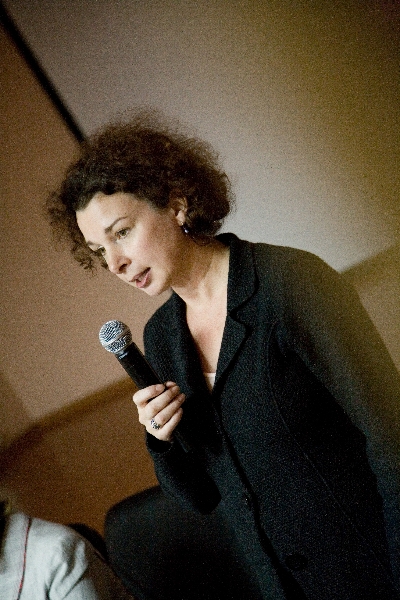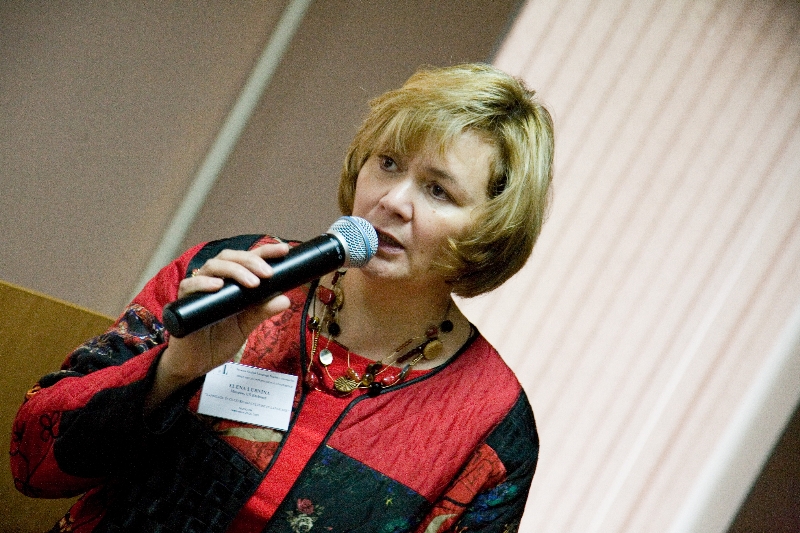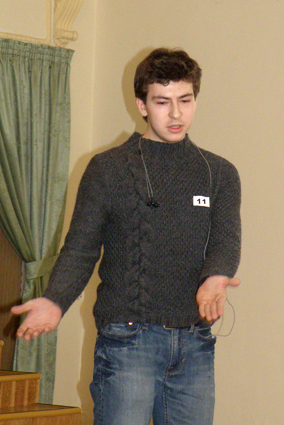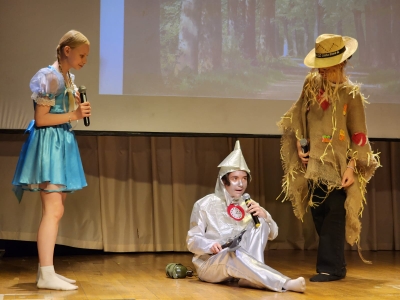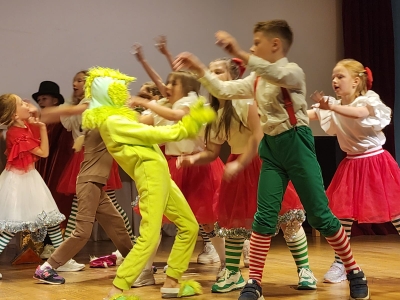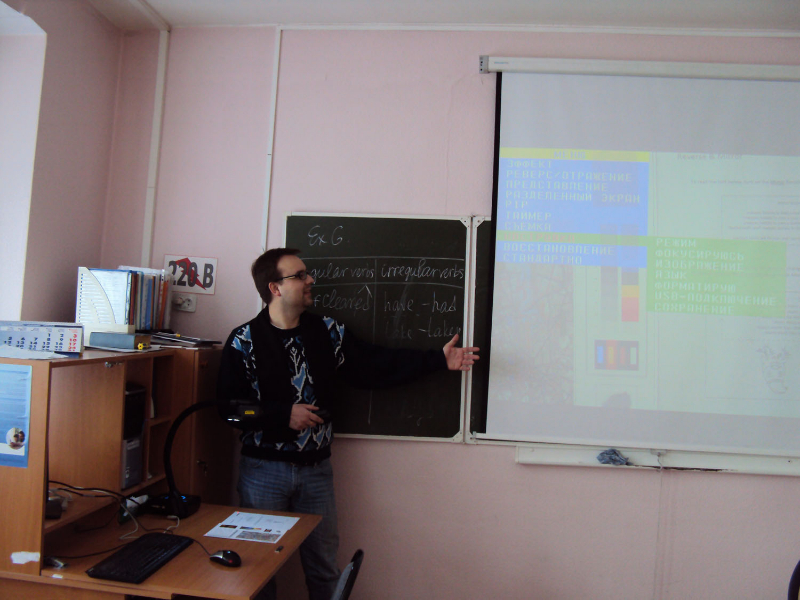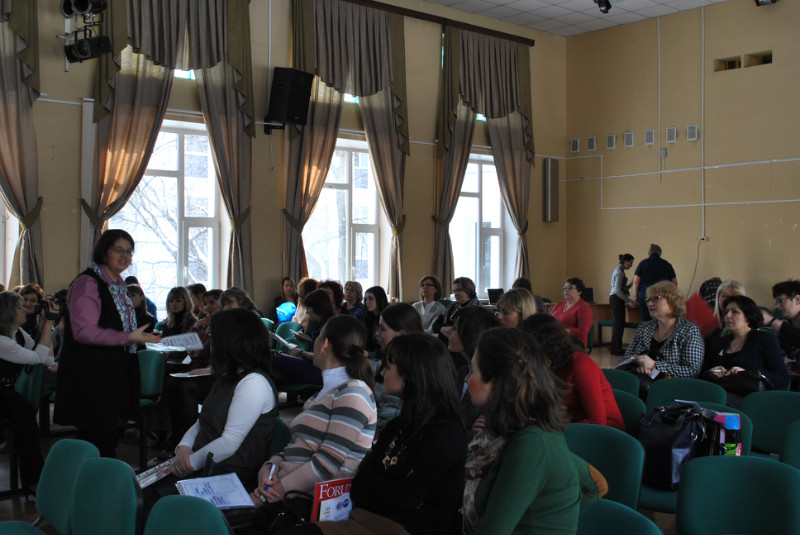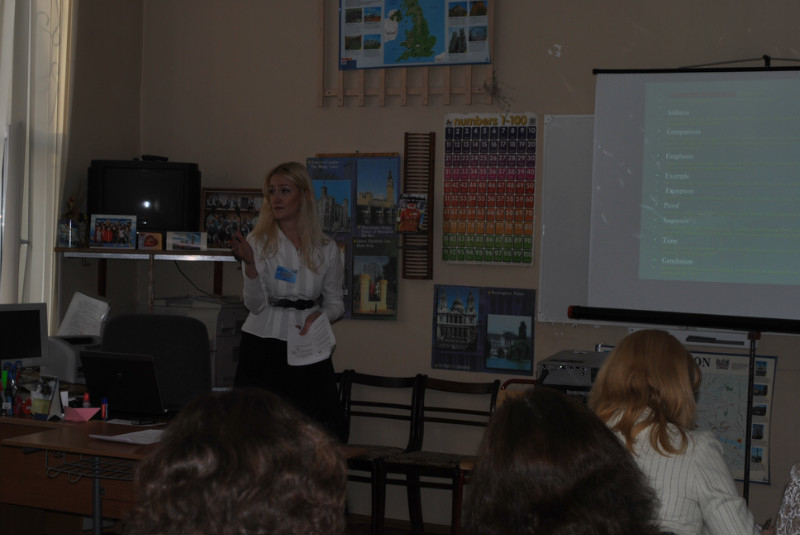Мар
12
Developed by Olga Boltneva.
Professional development — An on-going effort and learning process undertaken by individuals (teachers) to improve their teaching and other professional skills
Effectiveness — Degree to which objectives are achieved and the extent to which targeted problems are resolved.
PORTRAIT OF AN EFFECTIVE TEACHER
- Personal qualities: humor, flexibility, dependability, empathy, curiosity, friendliness, leadership, active listening, peacemaking, positive attitude, fairness, consistency, self-discipline
- Classroom organization: self-access corner, readers’ corner, U or 4desks arrangement, students’ works displays, posters, artifacts, background music.
- Teaching techniques: ICT, creative and critical thinking, problem solving, questioning, task-based learning, student-centeredness, collaborating through pair/group/team work, constructive discipline through teambuilding.
- Teaching style: well-paced, motivational, effective time and teacher talk management, student-friendly, informal, deep mastery of the subject taught.
- Life-long learner: reflective teaching practice through journals, portfolios; doing self-evaluation checklists, peer observation (formative, summative)
Peer observation — Teachers observing each other’s classes in order to improve their teaching ability and get new ideas about teaching.
Summative observation — An observation to evaluate teachers for administrative purpose such as employment, salary, pay rises, promotion, etc.
Formative observation — Teachers observing each other to help improve their teaching and to help them develop professionally.
Observation instruments — Guides, checklists, or other forms, used during the observation process in order to have a reliable, systematic approach to observation.
Debriefing — Getting information about an observation shortly after it is completed.
DISCUSSION
- Have you ever been observed or observing?
- What were the relationship with the observer/observed: a peer, a supervisor, a mentor, a student teacher, a parent, etc?
- What was done with the information of the observation?
- In what ways it was a positive or negative experience?
- What have you learned from this experience?
TOP 10 BEHAVIORS OF EFFECTIVE OBSERVERS
- Show that you care.
- Suit your evaluation to the person.
- Know the person’s objectives.
- Listen actively.
- Personalize your language.
- Give positive reinforcement.
- Help to become motivated (inspired).
- Evaluate the process/result — not the person.
- Nourish self-esteem.
- Show how to improve.
SUMMARY DISCUSSION
Do you think peer observation could be effective in your teaching institution? Consider these aspects:
- Areas that could benefit from such a process
- Reaction and possible support from your administration
- Teacher reaction
- Available resources
- Ways to overcome limitations or difficulties
USEFUL LINKS
http://712educators.about.com
http://www.Questia.com/Effective_Teacher
http://teachers.net/gazette/wong.html
http://honolulu.hawaii.edu/intranet/committees/FacDevCom/guidebk/teachtip/teachtip.htm
http://www.asa3.org/ASA/education/teach/index.html
http://www.protocolplus.net/feedback.html
http://englishprograms.state.gov
